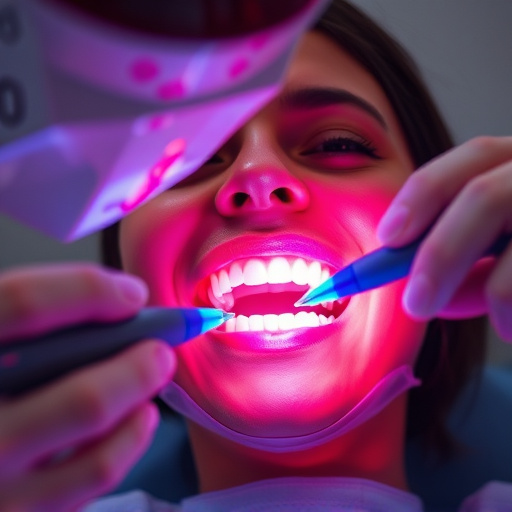Crafting effective medical website design hinges on understanding target demographics, tailoring content strategies, and implementing local search optimization. By meeting unique information needs, using accessible formats, integrating keywords, and optimizing meta descriptions, healthcare practices enhance visibility and engagement. Balancing SEO with user experience ensures high-quality content that attracts visitors, improves rankings, and increases patient interaction, ultimately benefiting both patients and digital marketing agencies specializing in medical website design.
In today’s digital age, a strong medical website design is essential for attracting and engaging patients. To create content that resonates with your audience, start by understanding their needs and preferences through comprehensive market research. Craft compelling narratives that educate and assure visitors using clear language and visual aids. Optimize your site for search engines by integrating relevant keywords and enhancing user experience with intuitive navigation and fast loading times. These strategies ensure your medical website stands out in the competitive online landscape.
- Understanding Your Target Audience for Effective Content Creation
- Crafting Engaging and Informative Medical Website Content
- Optimizing Content for Search Engines and User Experience
Understanding Your Target Audience for Effective Content Creation

In the realm of medical website design, understanding your target audience is paramount to crafting compelling content that resonates and connects. Different demographics, whether patients seeking general healthcare or specialized services, have distinct information needs and preferences. Knowing your audience allows for tailored content strategies that address their concerns, questions, and expectations. For instance, a website catering to elderly patients might focus on accessible, easy-to-understand content about chronic condition management, while a site targeting young, athletic individuals could offer insights into sports medicine and injury prevention.
Effective content creation involves translating complex medical information into digestible, engaging formats that enhance user experience. Incorporating local search optimization techniques within the content strategy can significantly boost local search visibility for medical practices. By integrating relevant keywords and optimizing meta descriptions, healthcare providers can ensure their websites rank higher in local search results, making them more accessible to potential patients in their immediate geographic area. This, coupled with a strong focus on providing valuable, location-specific information, enhances the overall effectiveness of medical website design in driving local business online marketing efforts.
Crafting Engaging and Informative Medical Website Content

Crafting engaging and informative medical website content is a crucial aspect of successful medical website design. When designing a site, healthcare professionals must balance providing valuable information with creating an appealing user experience. Content should be optimized for both search engines and human readers, incorporating relevant keywords naturally to enhance SEO company Broward County performance without sacrificing readability. Well-structured text that breaks down complex medical concepts into digestible chunks not only educates patients but also encourages them to explore further.
Integrating local references and services specifically tailored to the website design Hollywood FL market can significantly boost local search visibility. Crafting content that speaks directly to the needs and concerns of nearby patients establishes credibility and fosters a sense of community. By combining informative text with strategic keyword placement, healthcare providers can create a robust online presence that attracts new visitors, enhances patient engagement, and ultimately improves overall medical website design effectiveness.
Optimizing Content for Search Engines and User Experience

In the realm of medical website design, optimizing content for both search engines and user experience is paramount. A well-crafted content strategy ensures that your website not only ranks high in relevant searches but also provides a seamless, intuitive navigation experience for visitors. This involves a delicate balance between incorporating keyword-rich content that appeals to search algorithms and structuring information in a way that aligns with user expectations. For instance, integrating relevant medical terms and phrases, such as specific treatments or conditions, can significantly boost local search visibility for a website design agency specializing in digital marketing Dallas.
Additionally, focusing on clear and concise language, organized headings, and effective use of internal links can dramatically enhance both SEO and UX. A strategic content layout that prioritizes user needs over mere keyword stuffing not only captivates visitors but also encourages longer dwell times and lower bounce rates. This, in turn, signals to search engines that your medical website design is valuable, reliable, and worthy of higher rankings.
A well-designed medical website, optimized for both search engines and user experience, is a powerful tool to engage and educate your target audience. By understanding your viewers’ needs and preferences, creating compelling content that provides value, and implementing effective SEO strategies, you can enhance patient accessibility and satisfaction. Incorporating these content strategies ensures your medical website design stands out in the digital landscape, fostering trust and establishing your practice as a reliable source of medical information.














